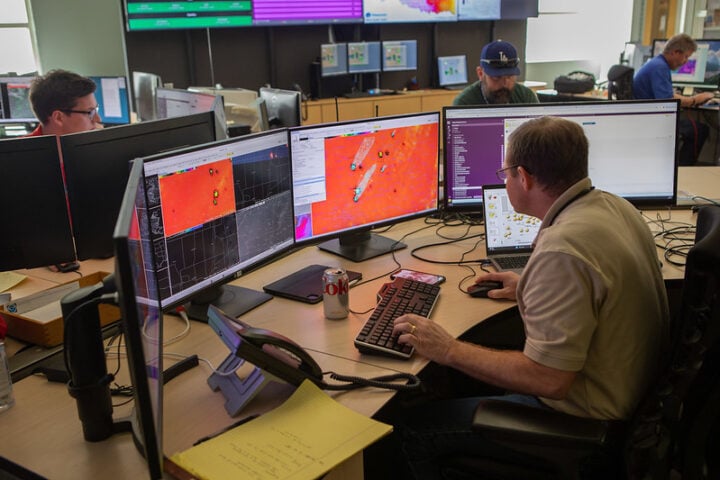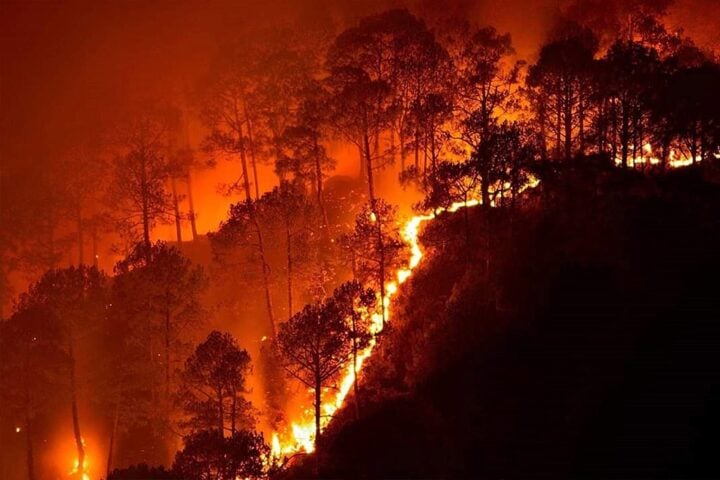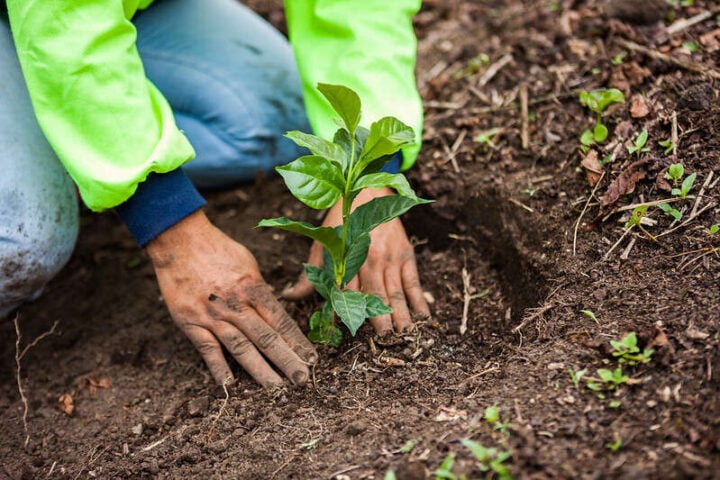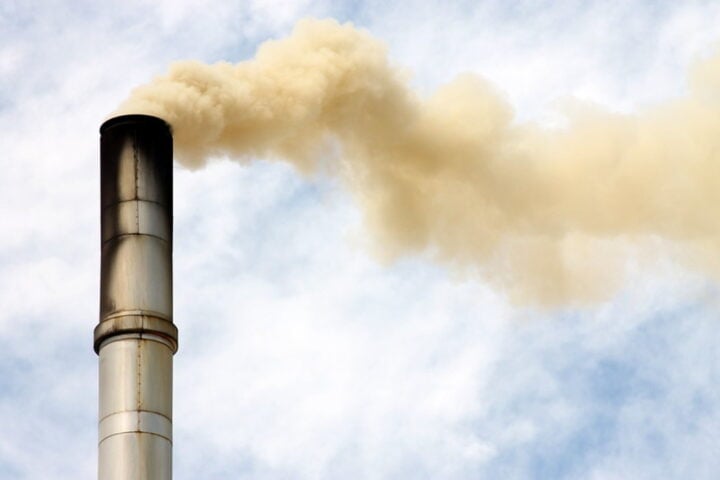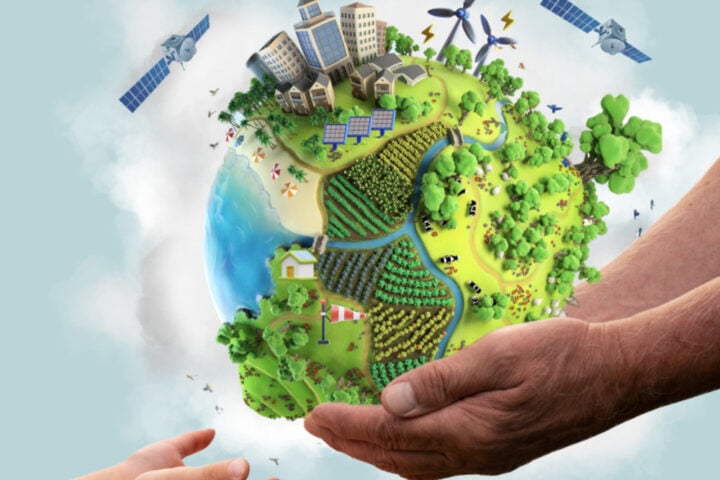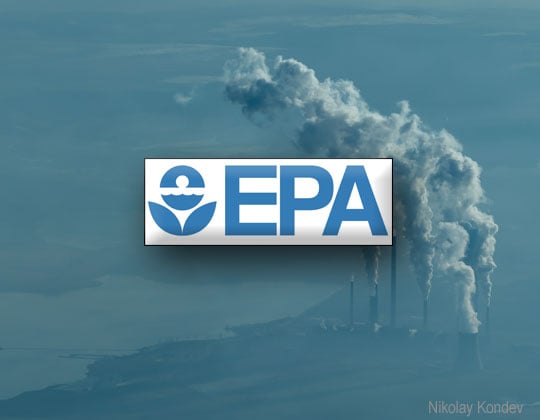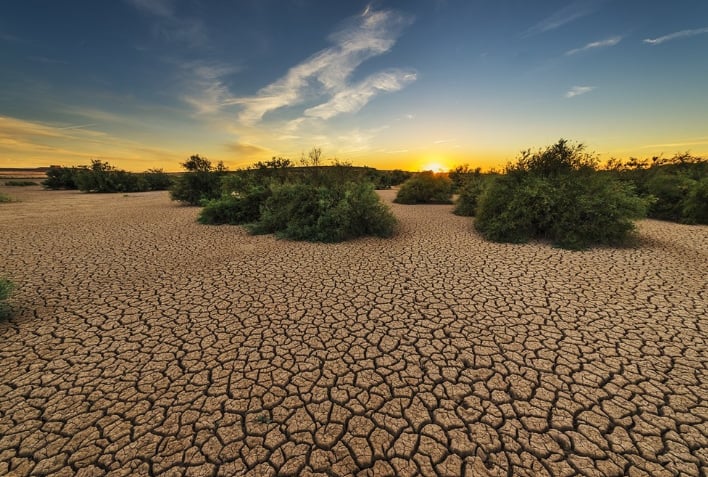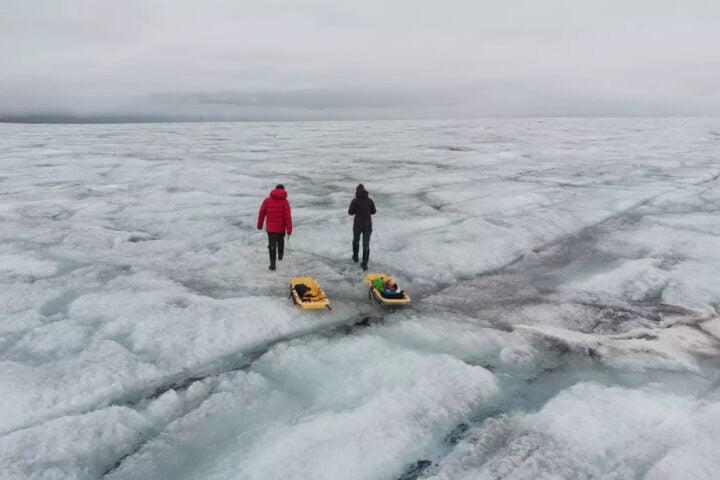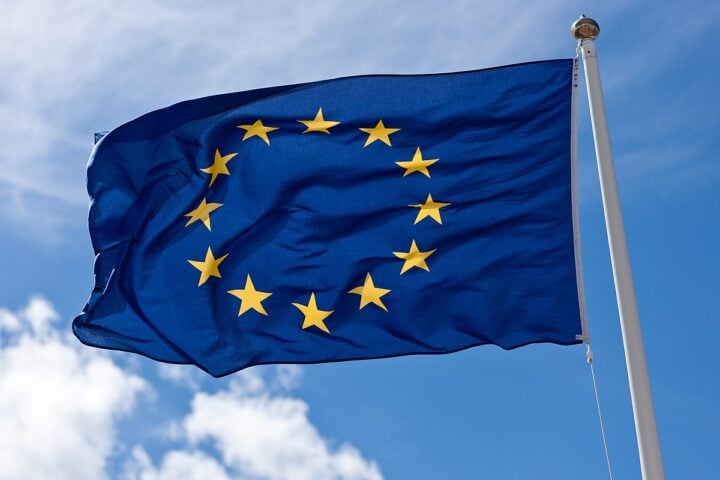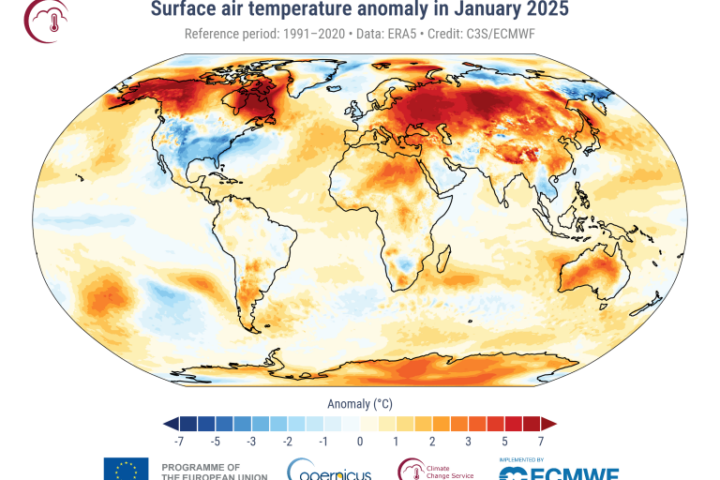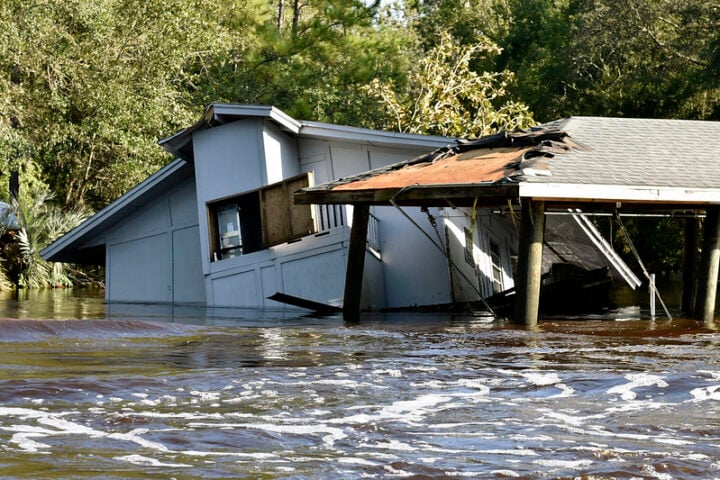The first global Global Stocktaking of the progress made on containing climate change, expected to conclude in the UN summit in Dubai in a few weeks, has received polarizing views from nations that are signatories to the 2015 Paris Agreement. Countries have varying expectations from the final round of discussions, which have been provided to the UNFCCC as submissions from February.
At the ‘From G20 to COP28,’ special forum held in Abu Dhabi, Dr. Al Jaber, the COP28 President, emphasized that COP28 would frame climate action as an opportunity for growth. He stressed “ambitious and balanced outcomes through the first Global Stocktake(GST), across mitigation, adaptation and means of implementation.”
The key negotiation blocs, including the Like-Minded Developing Countries (LMDCs), Least Developed Countries (LDCs), G7 & China, BASIC (Brazil, South Africa, India, China), and African Group of Negotiators (AGN), Alliance of Small Island States (AoSIS), and Argentina, Brazil, Uruguay (ABU) have made submissions, along with individual countries & regions like the US & UK, Australia & the European Union.
In their GST submissions, most developing countries, including India and South Africa, have demanded that the global stocktaking assesses pre-2020 failures by developed countries. Developed countries, including the US, Japan, and UK, have highlighted the rise of emissions since 2019 in emerging countries, significantly contributing, and therefore, the GST should focus on the future, instead of looking towards the past.
Another polarized debate has been on acknowledging how the global carbon budget has been utilized so far. Historical emitters have used up a majority share of the global carbon budget (GCB), and developing countries must be allowed to use the remaining budget, countries like China and India have demanded.
The language in phasing down or phasing out is also likely to raise a storm, experts said. These contentious issues are loosely linked to the delivery of finance, share of carbon budget exhausted, and per capita & overall emissions of countries.
Dr. Al Jaber acknowledged the critical need for a new paradigm in climate finance to enable every country, especially those in the Global South, to adopt low carbon development. “In short, the clean technologies that are taking off in the north must be available accessible and affordable across the global south,” asserted Dr. Al Jaber.
COP28 UAE, scheduled for November 30 to December 12, 2023, at Expo City Dubai, is set to be a significant event. It will bring together over 70,000 participants, including world leaders, government officials, industry experts, academics, and youth. This diverse gathering aims to foster a collaborative approach to climate action.
A key feature of COP28 UAE is the first-ever Global Stocktake, as required by the Paris Climate Agreement. This will be a thorough assessment of global progress towards climate goals. The UAE’s role is pivotal in guiding all parties to establish a clear, practical roadmap for a global energy transition. This approach prioritizes inclusivity, ensuring that climate action benefits everyone.



